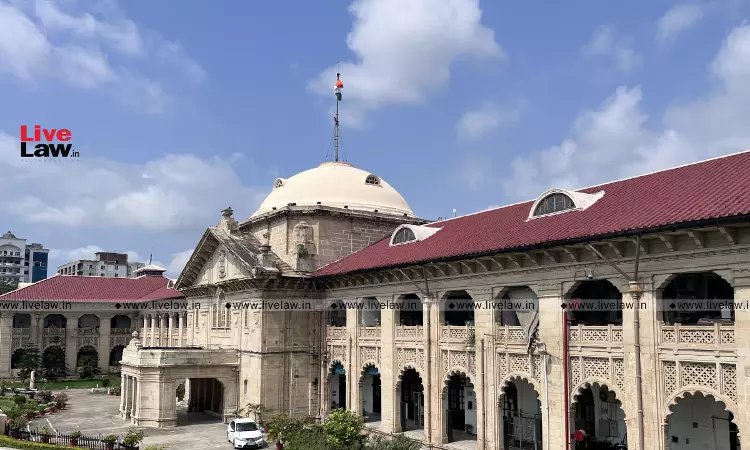UPGST | Expired E-Way Bill, But No Intention To Evade Tax: Allahabad High Court Quashes Penalty Order
Upasna Agrawal
7 Feb 2024 1:00 PM IST

Next Story
7 Feb 2024 1:00 PM IST
Recently, the Allahabad High Court has quashed the penalty which was imposed due to production of expired e-way bill at the time of detention. The Court held that no intention to evade tax was established by the authorities. Since, there was no dispute regarding consignor and consignee and the description of the goods, the Court held that penalty could not be imposed for a technical error...
